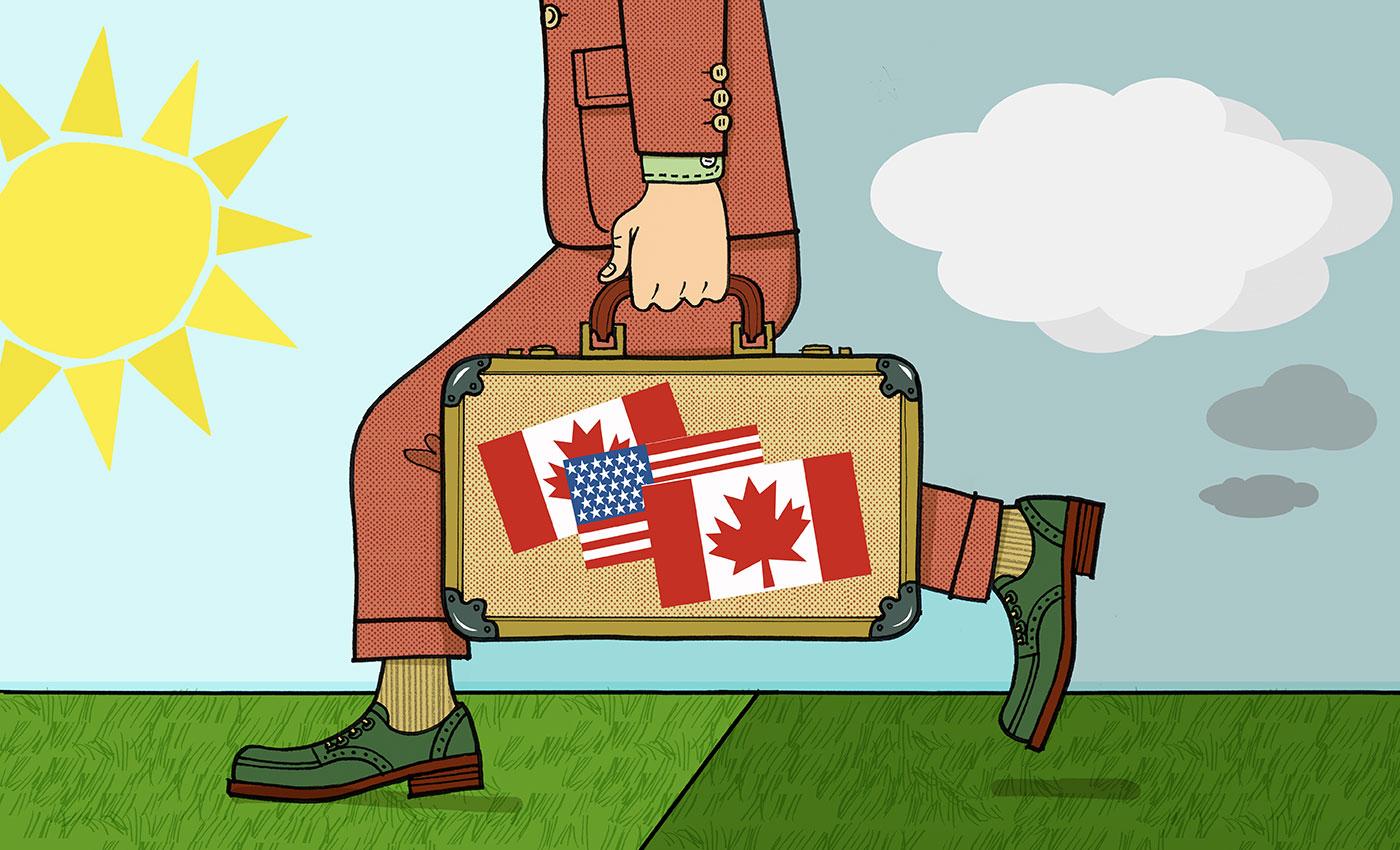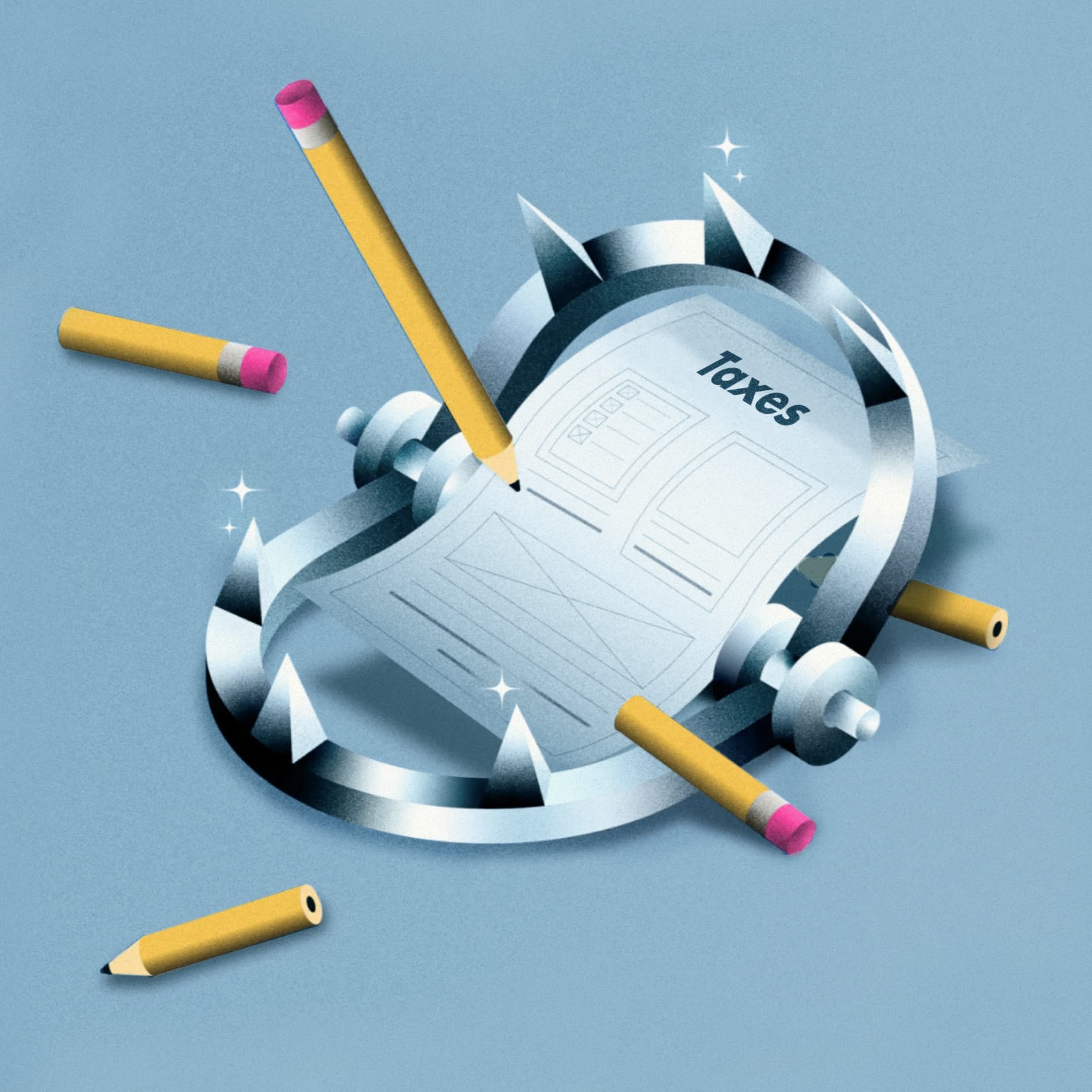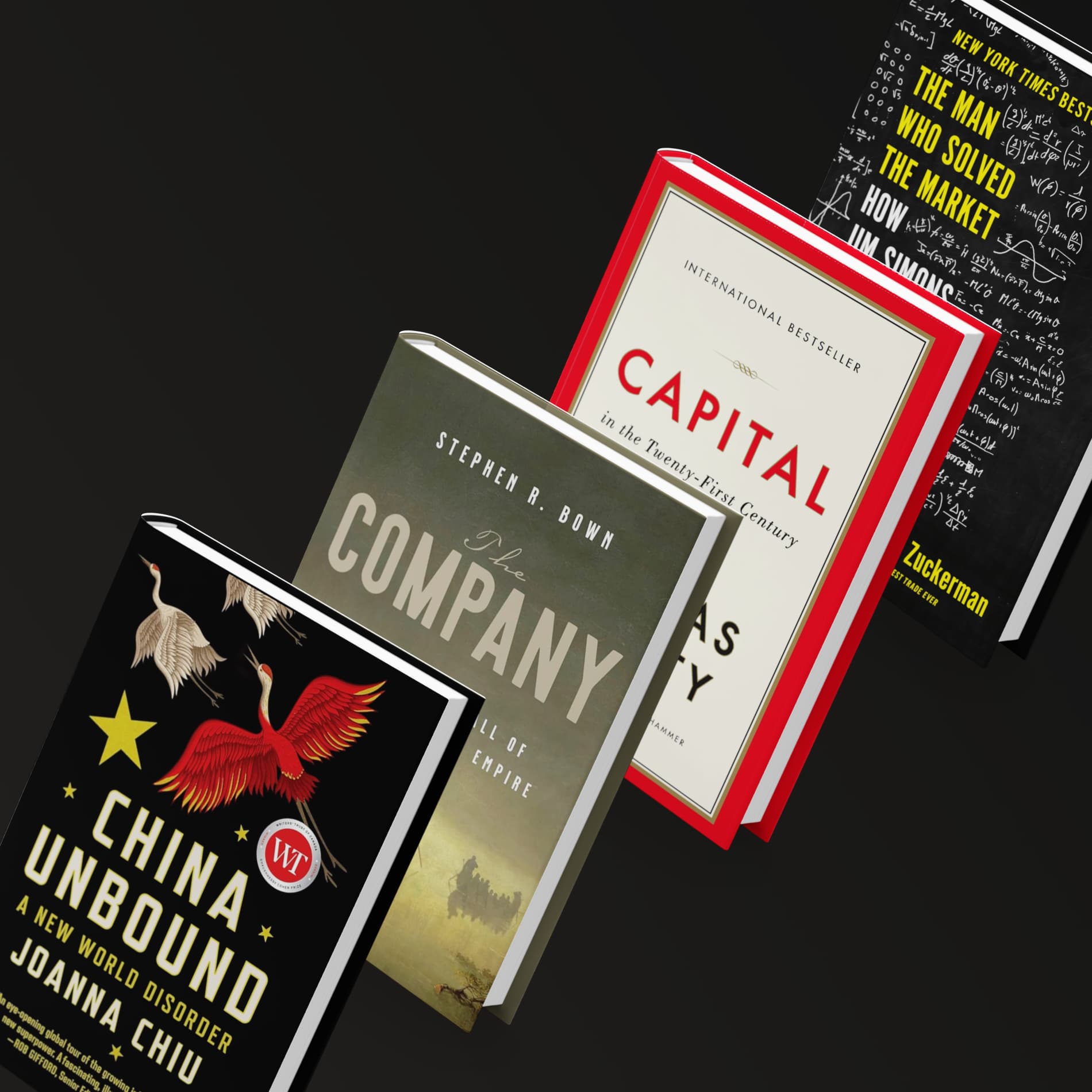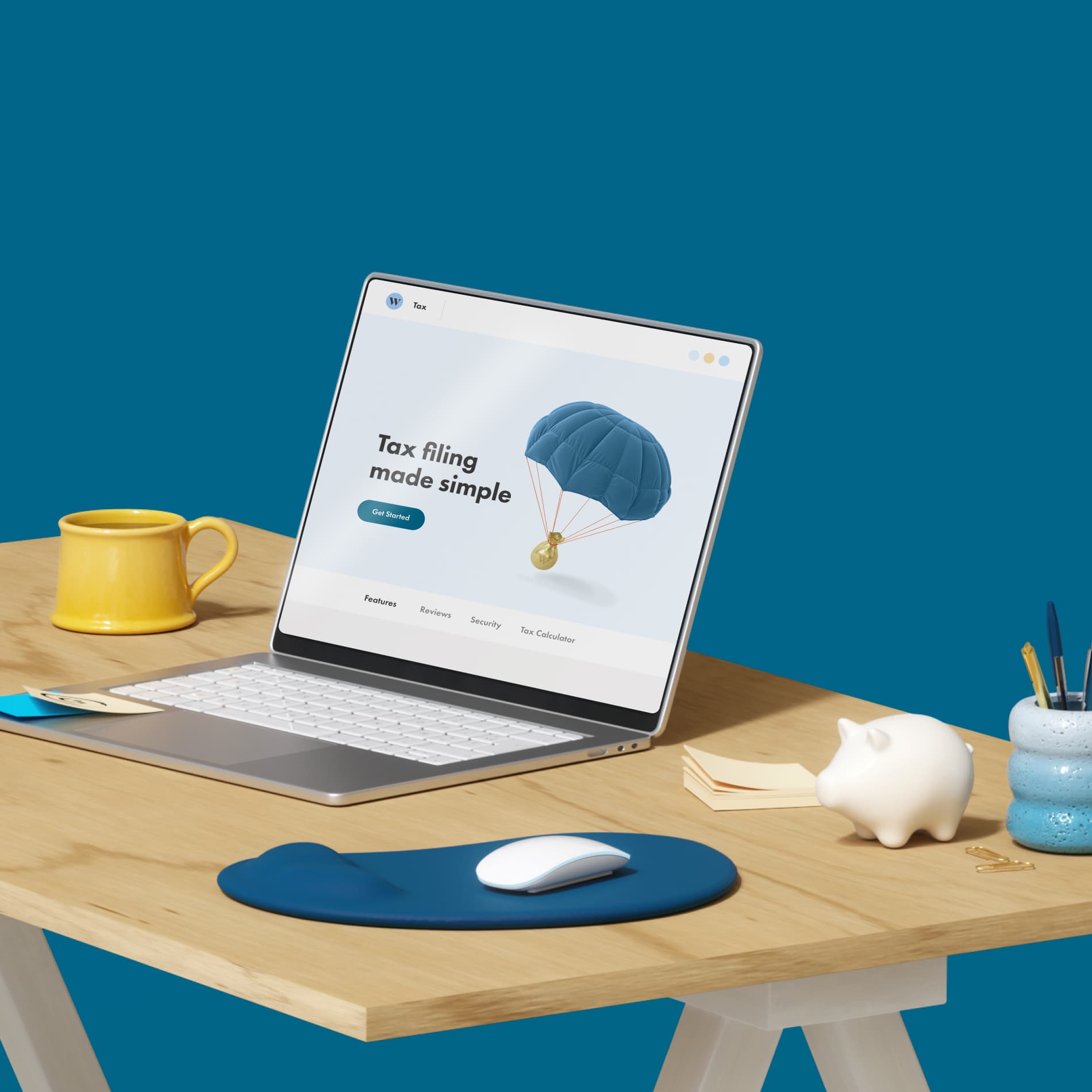
Finance for Humans
Pre-Inauguration Special: How to Move (Your Money) Back to Canada
A quick and simple financial guide for Canadians living in the U.S. who, for reasons we won’t ask you about, have been thinking about moving home.
Wealthsimple makes powerful financial tools to help you grow and manage your money. Learn more
Maybe you’ve heard, but a lot of people in America have been talking about moving to Canada lately. Here’s one piece of evidence: The Canadian immigration department’s website got so much traffic on the night of the U.S. presidential election that it crashed. As Canadians, we’re flattered. (Though for the record: We’ve thought it was a good idea to live in Canada since way before November.) Now, at WS, we try not to get too political, and we’re not going to weigh in on whether Donald Trump is fit to be within arm’s length of nuclear codes, won the election by race-baiting, or looks like (not our words!) “Cheeto Jesus.”But there’s another question worth answering: What if you’re a Canadian citizen who’s decided to move back home?
The physical logistics of moving home, legally speaking, are fairly simple. Since you’re a citizen, it’s basically no different than moving anywhere else: Find a new place, hire some dudes with a van, hope that cool floor lamp doesn’t break. But how exactly does one go about moving one’s financial life back to Canada? And what would it mean for one’s bottom line? Drawing down accounts, moving cash, your 401(k)—you can’t just move money internationally or offshore without penalty (at least, that is to say, we’re not going to give you advice on tax fraud).

Sign up for our weekly non-boring newsletter about money, markets, and more.
By providing your email, you are consenting to receive communications from Wealthsimple Media Inc. Visit our Privacy Policy for more info, or contact us at privacy@wealthsimple.com or 80 Spadina Ave., Toronto, ON.
To help us figure that out, we enlisted the help of a couple of experts: Jason Heath, a Markham, Ontario–based financial planner with a deep understanding of cross border matters; and Peter Ruocco, a Buffalo, New York–based CPA, who also has years of cross-border tax experience. Here’s what they had to say. (What we would have to say is: Welcome home!)
Your Cash Is Welcome Here
Any money you want to transfer from your checking or savings account in the States to a new checking account north of the border is tax-free. There are no penalties for the act of physically moving money to Canada. You can withdraw every cent from, say, your Chase account and deposit it into an account at your new Canadian bank of choice. You don’t need to stuff a duffle bag with greenbacks and run for the border—you can simply wire the money or write a check. But be aware that most bank branches will charge a rate that’s 2% or more in fees for foreign exchange transactions. Services like Knightsbridge or TransferWise are a good way to avoid those charges – their fees are often a fraction of the retail rate. And if you’re really worried about the exchange rate, most Canadian banks offer U.S. dollar bank accounts so you can keep cash in USD in your Canadian account.
“Transfers over $10,000 may set off a red flag, just due to antiterrorism, anti–money laundering legislation,” Heath warns. They won’t put you on a watch list, but you can expect a brief phone call from your financial institution asking about the $10,000 (or more) cash transfer. Let your bank know ahead of time to save the hassle. “Practically speaking, as long as you’re, you know, just a regular normal person, it doesn’t matter,” he says.
Securities and Investments Can Be More Complex
One option would be to just sell your investments, take the cash, and reinvest (or not) in Canada. But if you sell investments and take the money out, you could trigger a significant tax burden—your profit on investments is called capital gains, and you pay anywhere from 10% to 39.6% on it. Whether it’s a good idea to sell your investments or better to leave them in an American account is going to be different for every investor, so it might be a good idea to talk to a financial planner who knows the complexities of both the Canadian and U.S. markets and tax codes (more on that later). But the good news is that some plain old investment accounts (not 401(k)s or other accounts specifically sanctioned by the U.S. government) can oftentimes transfer investments. Stocks, ETFs, bonds—those can usually be transferred to a Canadian account with no drama. American mutual funds and other institution-specific proprietary products, on the other hand, probably will not be able to be transferred.
Recommended for you

Ask Lizzie: Is it OK if I Use Shopping to Make Me Feel, You Know, Happier?
Finance for Humans

Five Tax Traps — And How, If You Start Now, You Can Avoid Them
Finance for Humans

10 Books That’ll Teach You Everything (Or at Least a Lot) About Money
Finance for Humans

Why the Asset Bubble Popped, All at Once
Finance for Humans
“It might take a month for the two financial institutions to transfer everything,” Heath says. “But it’s usually pretty easy to transfer U.S. investments from a U.S. institution to a Canadian one on a tax-free basis.”
Your Money Won’t Be Waiting for You When You Get Home
Even if you’re a Canadian citizen living in the States, most investment companies, and brokerage firms, and banks generally won’t open an account for you or manage your money until you move back as a somewhat standard blanket rule (most financial institutions just don’t want to deal with the added hassle and paperwork of foreign governments and foreign taxation authorities). “Unless someone physically moves to Canada, he or she may not be able to open an account with a Canadian financial institution,” Heath says. No physical address, no account.
You Might Want to Leave Your 401(k) Behind
Unless you’re in full survivalist mode—in which case, let us know where you stashed the dehydrated ice cream so we know where to look when the cannibals come for us; we’ll bring the chocolate sauce—it’s probably best to not take money from your 401(k) or IRA. For the same reason you wouldn’t want to take money out of those accounts even if you didn’t move: There’s a 10% penalty for early withdrawals, plus the funds you withdraw would then be taxed like income. “It’s very difficult, if not impossible, to get that money out tax-free,” Ruocco explains. If you’re comfortable with leaving money behind in the U.S. market, this is the best route. And when you finally do reach retirement age, you can simply make monthly or annual withdrawals the same way you would if you were a U.S. resident.
Get Ready to Pay More in Taxes
This will depend significantly on your income and the city and province you move to, but generally, you can expect to pay, annually, 5% to 10% more in taxes in Canada than in the U.S.
But That’s Not a Bad Thing, Depending on How You Do the Math
The higher tax rate in Canada goes to fund a lot of things that you may end up appreciating financially or emotionally. Take a college education for instance: In 2008 and 2009, the government funded between 49% and 72% of the average postsecondary education, depending on the province. Because of government subsidies, among other reasons, the cost of an undergraduate college education averages $5,959 annually in Canada, compared with $21,003 in the United States.
And then, of course, there’s this novel thing we have in Canada called single-payer health care. “One of the big benefits, financially and otherwise, in my opinion, is that somebody can have a heart attack and get treated at the hospital and go home, and they won't lose their house or have to go bankrupt,” Heath says. “Certainly the extreme negative health events that can happen in life, generally speaking, in Canada you can eliminate the financial anxiety of it.” Yes, you are paying for some of your coverage: The estimated average payment for health care in Canada ranges from $3,789 to $12,055. But that’s a drop in the bucket on your annual taxes when you consider the emotional costs and benefits.
One other possible financial benefit comes in the form of income parity. There’s a smaller chance of becoming a billionaire in Canada but also a smaller chance of becoming destitute. Income disparity is smaller, and there’s a larger middle class.
Talk to an Expert
You might be smart and thrifty, but you need an expert’s advice—you’re moving countries, not down the street. Ruocco recommends finding advisors or lawyers who specialize in cross-border tax law.
Let us know how it goes. We’ll leave the light on for you.
Wealthsimple's education team is made up of writers and financial experts dedicated to making the world of finance easy to understand and not-at-all boring to read.





